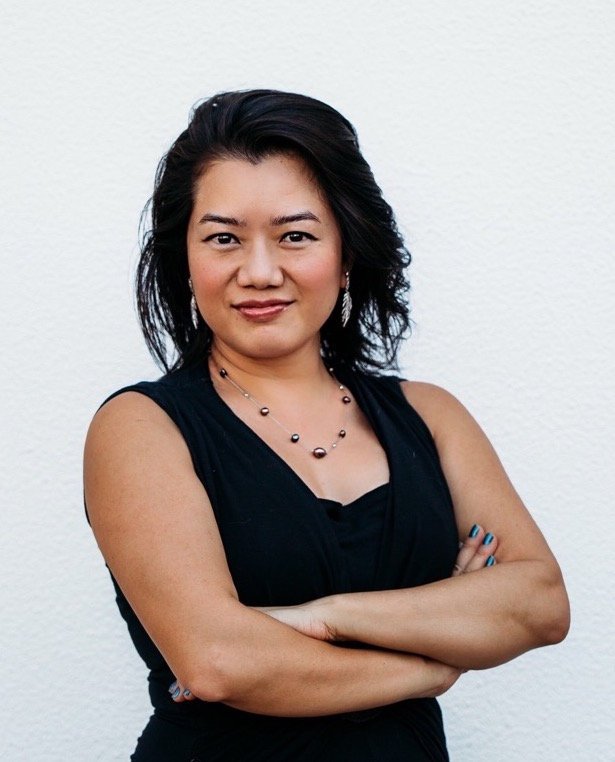The Summit on ICC Warrants: Israel & Hamas
How should governments engage with judicial processes at the ICC?
Expert Confirmation Summit of ICC Arrest Warrants Against Israeli / Hamas Leadership Calls for Action
Strengthen Cooperation: Governments must support ICC investigations and ensure suspects are surrendered through diplomacy and economic leverage.
Strengthen Domestic Judicial Systems: Boost national capacities to prosecute international crimes, aligning with the ICC's complementarity principle.
Revisit US Engagement: Renew bipartisan efforts for US cooperation with the ICC, setting an example for global justice.
Address Global South Concerns: Create advisory panels from the Global South to promote equitable enforcement of international law.
Explore Hybrid Justice Models: Governments should consider hybrid mechanisms, such as public inquiries, to supplement ICC prosecutions.
Panel Discussion Summary
The panel discussion explored the multifaceted role of governments in supporting the ICC's mission to prosecute international crimes. The participants emphasized the importance of state cooperation, domestic judicial strengthening, and the need for reforms to enhance the ICC's efficacy.
Key Points Discussed:
State Cooperation and ICC Support
Governments play a critical role in ensuring ICC warrants are enforced and suspects are surrendered. Stephen Rapp used the US role in securing the surrender of Dominic Ongwen as a key example of how diplomatic and economic pressure can lead to cooperation. He emphasized that political will is essential for ICC mandates to be fulfilled.
Complementarity and National Systems:
The ICC's work is meant to complement national justice systems, not replace them. Stephen Rapp and Geoffrey Robertson KC discussed the need for governments to invest in their own judicial capacities to handle international crimes, reducing reliance on the ICC. Robertson pointed to Colombia’s peace process as a model where national systems can work alongside international mechanisms.
Revisiting US Engagement:
Stephen Rapp called for the United States to reconsider its stance on the ICC, despite the limitations imposed by the American Service Members Protection Act. He argued that US leadership in investigating and prosecuting its own alleged crimes would set a global example for other states. This could include bipartisan efforts in Congress to repeal obstructive legislation and support ICC cooperation
Addressing Global South Criticisms:
Tapas Kanti Baul raised concerns about the perception of double standards in international justice, particularly in the Global South. He highlighted the challenges faced by countries with colonial-era legal systems and emphasized the need for equitable enforcement of international law. Kanti proposed the creation of a Global South advisory panel to ensure the ICC’s processes are more inclusive and reflective of diverse legal traditions.
Alternative Mechanisms for Justice:
John Cooper KC suggested that governments explore alternative models of justice, including public inquiries and hybrid tribunals, to supplement the ICC’s work. These mechanisms could be quicker and less burdened by the political hurdles that often impede international judicial processes.
Strengthening ICC’s authority and effectiveness with Trials in Absentia:
Sir Geoffrey Robertson called for reforms to the ICC’s procedures, particularly allowing for trials in absentia. He pointed to the challenges of prosecuting leaders like Vladimir Putin and stressed the need for new legal tools to ensure high-profile figures cannot evade justice due to political obstruction.
Regional Support for ICC Efforts:
The panel highlighted the importance of regional cooperation, with Rapp citing the role of ECOWAS in supporting the prosecution of Yahya Jammeh. Participants recommended that the ICC establish liaison offices in major regional organizations to facilitate better coordination and support for international justice efforts
Combatting Political Interference:
Political leaders often undermine the credibility of the ICC, as seen in various African states’ criticisms of the court. Rapp and others stressed the need for a united international response to defend the ICC’s independence and resist political interference in its judicial processes.
Lessons from Hybrid Tribunals:
Lyma Nguyen shared valuable lessons from the Extraordinary Chambers in Cambodia, where balancing national and international interests was key to successful prosecutions. These insights could help shape future ICC cases, particularly in politically sensitive situations like Israel-Palestine.
The panel underscored the crucial role of governments in supporting the ICC’s work through diplomatic engagement, judicial strengthening, and reform. Participants emphasized the need for political will, equitable justice mechanisms, and regional cooperation to overcome the challenges facing international criminal justice. The insights provided by experts offered a path forward for improving government engagement with the ICC and enhancing global accountability for international crimes






